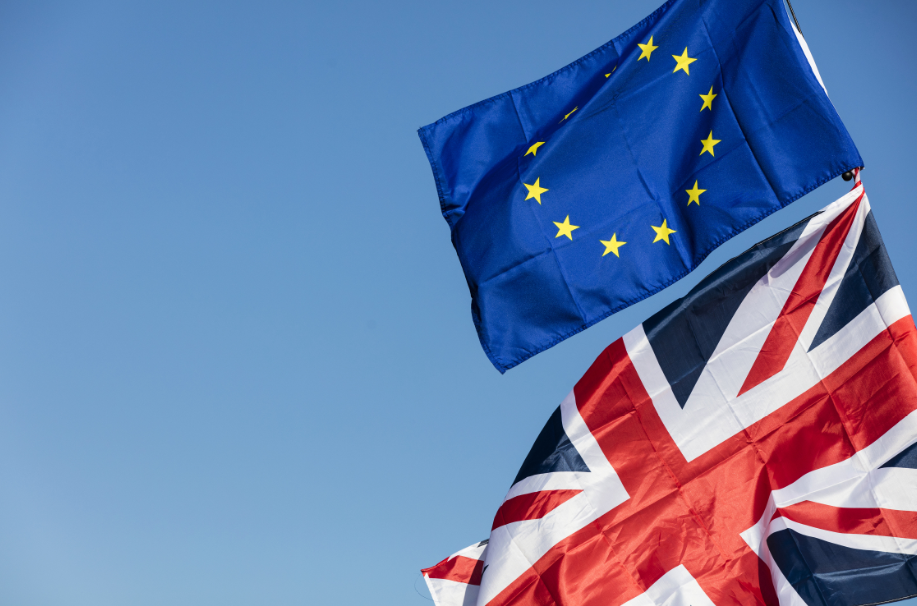
UK businesses are struggling to recover their European trade to pre-Brexit levels, according to fresh research.
Over 40 per cent of British products previously exported to the EU do not appear on European shelves since Brexit, according to a newly published paper by the Centre for Business Prosperity at Aston University.
Researchers say this number is the result of larger amounts of exporters stopping sales to the EU, with remaining companies streamlining their product ranges.
‘Disappearing’ products
The report states: “We estimate suggests that as many as 42% of the product varieties previously exported to EU have disappeared during the 15 months following January 2021.
“Many of the negatively affected exporters are likely to be small, resource-constrained firms who exported single products or a limited range of products, and they exported less intensively relative to the overall sales.
“Losing these exporters could break the pipeline for future export growth and harm the UK’s already frail productivity.”
The findings also show that UK exports to the EU fell by an average of 22.9% in the first 15 months after the EU-UK Trade and Cooperation Agreement (TCA) entered into force.
The TCA was signed in December 2020 and governs post-Brexit relations between the EU and UK.
Persisting effects
“What we are seeing is the effect of Brexit on exports; and that is persisting. It’s not diminishing, and exports have yet to show signs of recovering,” said Professor Jun Du of Aston University.
“Until this serious problem with exports is openly acknowledged and discussed, we won’t see any necessary actions being taken.”
The Independent reports that small businesses were the least likely to be able to deal with the new rules and were the most likely to give up selling abroad.
A government spokesperson said: “The TCA that we agreed in 2020 is the world’s largest zero tariffs and zero quotas deal and the first time the EU has ever agreed such access in a free trade agreement.”
The government has also indicated they will not be seeking to make changes to the TCA, as reported by Reuters.
Methodology
Researchers at Aston University assessed the impact of the TCA by creating an ‘alternative UK economy’ model based on the case that the UK stayed in the EU.
By comparing the model UK’s exports and imports with actual figures for the UK, they isolated the impact that the new trade rules were having on business.



